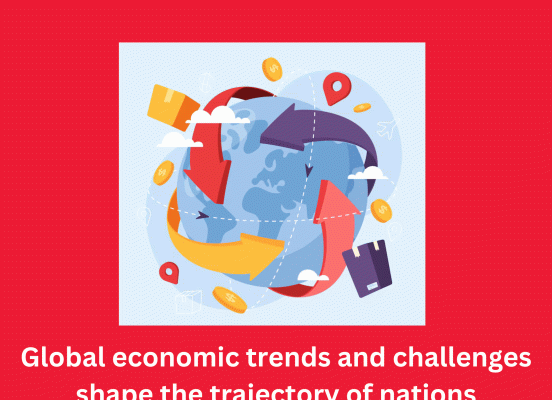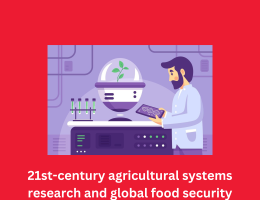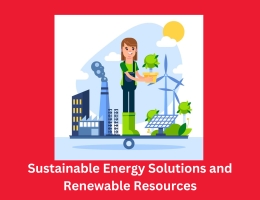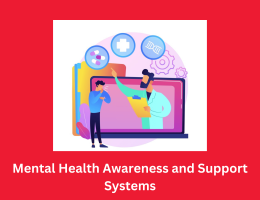
Global economic trends and challenges shape the trajectory of nations, impact the livelihoods of individuals, and influence the stability of the international community. From shifting demographics and technological advancements to geopolitical tensions an
- By admin --
- Friday, 08 Mar, 2024
Global economic trends and challenges shape the trajectory of nations, impact the livelihoods of individuals, and influence the stability of the international community. From shifting demographics and technological advancements to geopolitical tensions and environmental pressures, a myriad of factors shape the economic landscape in the 21st century. Understanding these trends and addressing the associated challenges are crucial for fostering sustainable growth, reducing inequality, and promoting inclusive prosperity worldwide.
One of the defining trends in the global economy is the ongoing process of globalization, characterized by the interconnectedness of markets, the flow of goods, services, capital, and information across borders, and the integration of economies into a global economic system. While globalization has facilitated economic growth, trade expansion, and technological innovation, it has also contributed to rising income inequality, job displacement, and economic volatility. Moreover, the COVID-19 pandemic has exposed vulnerabilities in global supply chains, highlighting the need for resilience and diversification.
Technological advancements, particularly in the fields of artificial intelligence, automation, and digitalization, are driving profound transformations in the global economy, reshaping industries, disrupting traditional business models, and altering the nature of work. While innovation holds the potential to boost productivity, enhance competitiveness, and create new opportunities for growth, it also poses challenges such as job displacement, skills mismatch, and the digital divide. Addressing these challenges requires investments in education, lifelong learning, and skills development to ensure that individuals are equipped to thrive in the digital economy.
Demographic shifts, including aging populations, urbanization, and migration, are also influencing global economic dynamics, impacting labor markets, social welfare systems, and consumption patterns. Aging populations present challenges such as increased healthcare costs, labor shortages, and pension sustainability, while urbanization and migration pose opportunities for economic growth, innovation, and cultural exchange. Managing demographic transitions effectively requires policies that promote active aging, invest in healthcare infrastructure, and harness the potential of urbanization for sustainable development.
Environmental sustainability has emerged as a critical priority in the face of climate change, resource depletion, and environmental degradation. Transitioning to a low-carbon economy, promoting renewable energy sources, and adopting sustainable production and consumption patterns are essential for mitigating climate risks, preserving natural ecosystems, and safeguarding the planet for future generations. However, the transition to a sustainable economy also presents challenges such as job displacement in carbon-intensive industries and the need for just transition strategies to support affected communities.
Moreover, geopolitical tensions, trade conflicts, and geopolitical rivalries pose risks to global economic stability and cooperation, undermining multilateral institutions and impeding efforts to address shared challenges such as climate change, pandemics, and poverty. Fostering dialogue, diplomacy, and cooperation among nations is essential for addressing geopolitical risks and building a more resilient and inclusive global economy.
In addition to these overarching trends, the COVID-19 pandemic has exacerbated existing inequalities, disrupted global supply chains, and caused economic hardship for millions of people worldwide. While fiscal stimulus measures, monetary policy interventions, and vaccination campaigns have helped mitigate the immediate impacts of the crisis, the road to recovery remains uncertain, with lingering challenges such as vaccine inequity, debt sustainability, and social inequality.
To navigate these complex economic trends and challenges effectively, policymakers, businesses, and civil society must adopt a holistic and inclusive approach that prioritizes sustainability, resilience, and social cohesion. This requires investments in education, healthcare, and social protection systems to build human capital and promote inclusive growth. It also entails strengthening global cooperation, multilateralism, and international institutions to address shared challenges and foster a more equitable and sustainable global economy.
Furthermore, promoting innovation, entrepreneurship, and digital literacy can harness the transformative potential of technology to drive economic growth, create jobs, and improve living standards. Investing in green infrastructure, clean energy, and sustainable agriculture can accelerate the transition to a low-carbon economy while creating new opportunities for sustainable development.
To conclude, moving through worldwide financial trends and problems demands team work, policies that foresee the future, and assimilative approaches that respects resilience, sustainability and social inclusion. In addressing globalization, technological transformation, demographic change, sustainable environment as well as geopolitical threats that are linked together, we are capable of establishing a fairer community where each one of us can live happily ever after.





